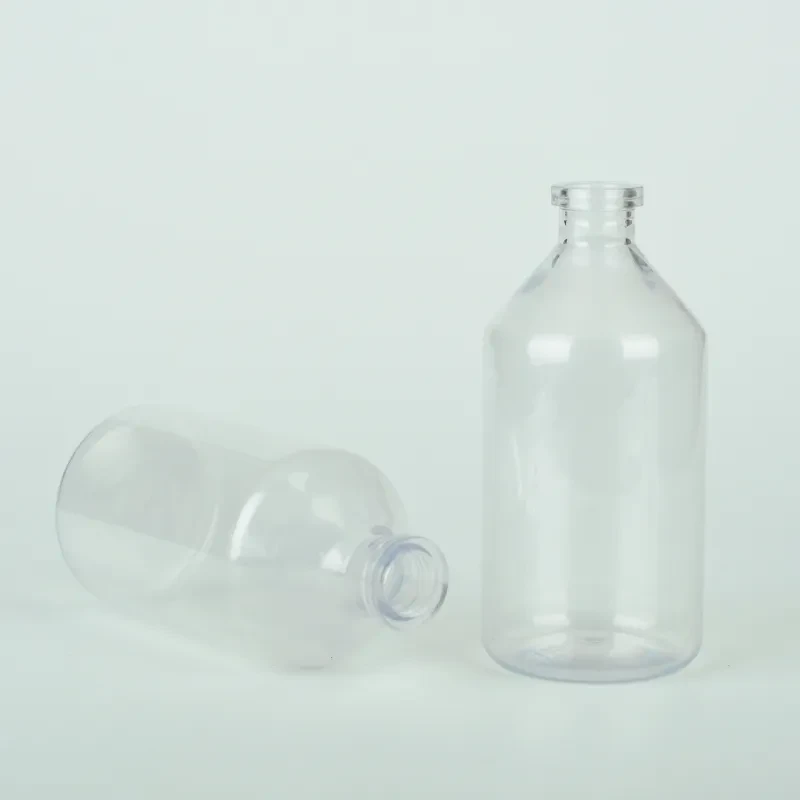Exploring the Uses and Benefits of Injection Bottles in Modern Healthcare Practices
The Versatility of Injection Bottles in Modern Applications
Injection bottles have increasingly become indispensable in various fields, primarily in pharmaceuticals, laboratory settings, and even in certain industrial applications. These specialized containers are designed to deliver precise dosages of liquids, making them a vital component in medication administration, scientific experiments, and manufacturing processes. In this article, we will explore the types, uses, and importance of injection bottles.
Types of Injection Bottles
Injection bottles come in various forms tailored to their specific applications. The most common type is the sterile vial, which is typically made of glass or high-quality plastic. Glass vials are preferred for their inert properties, ensuring that the contents remain uncontaminated and pure. Plastic vials, on the other hand, offer lightweight and shatter-resistant alternatives, making them suitable for transport.
Another variant includes multi-dose vials, which are designed to dispense multiple doses of medication. These bottles are equipped with rubber stoppers that can withstand repeated needle punctures without compromising sterility. Single-use vials are also prevalent, ensuring that each dose remains uncontaminated until used.
Applications
One of the primary applications of injection bottles is in the pharmaceutical industry. Medications, especially those that are injectables, are often stored in these bottles. The design of injection bottles allows for easy extraction of the liquid without contamination, ensuring patient safety. This is particularly crucial for biologics and vaccines, where purity is paramount.
injection bottle

In laboratory settings, researchers rely on injection bottles for storing reagents and samples. The precise volume of liquid required in experiments is often dispensed from these bottles, enhancing accuracy in scientific endeavors. Additionally, in the field of biotechnology, injection bottles are used for cell culture media and other sensitive biological materials that require sterile handling.
The industrial application of injection bottles is not to be overlooked. They can hold various substances, from lubricants to solvents, playing a crucial role in manufacturing processes. The ability to dispense controlled amounts of these liquids directly into production lines can streamline operations and reduce waste.
Importance of Injection Bottles
The significance of injection bottles extends beyond mere storage. Their design features—including leak-proof seals and tamper-evident caps—provide an additional layer of safety and security. These features are particularly important in ensuring that pharmaceutical drugs remain effective and safe for consumption. Moreover, the use of clear materials in many injection bottles allows for easy visual inspection of the contents, which helps in quality control during both production and administration.
Another crucial aspect is the ease of use associated with injection bottles. They are designed for compatibility with syringes and other dispensing devices, allowing healthcare professionals to quickly and efficiently administer medications. This user-friendly design is especially valuable in emergency settings where time is of the essence.
Conclusion
In conclusion, injection bottles play a pivotal role across various sectors, from healthcare to research and industry. Their adaptability and reliability make them a go-to solution for liquid storage and dispensing. As technology advances, it is likely that we will see further innovations in the design and functionality of injection bottles, enhancing their efficiency and expanding their applications. The importance of these seemingly simple containers is profound, underpinning critical processes that improve health outcomes, advance science, and optimize industrial operations. As we continue to rely on these versatile tools, understanding their value will enable us to appreciate their role in modern society more fully.
-
Plastic Medicine Liquid Bottle: Secure Flip Top Drug VialsNewsAug.17,2025
-
Durable 250ml Blue Plastic Vaccine Vial for Lab & Vet UseNewsAug.16,2025
-
Sterile Virus Sample Tubes: Secure & Reliable Specimen CollectionNewsAug.15,2025
-
White 250ml Plastic Vaccine Vial for Lab & Vet MedicineNewsAug.14,2025
-
Premium Clear Plastic Vaccine Vials for Lab & Vet MedicineNewsAug.13,2025
-
Plastic Clear Vaccine Vials | Lab & Vet Liquid StorageNewsAug.12,2025
























